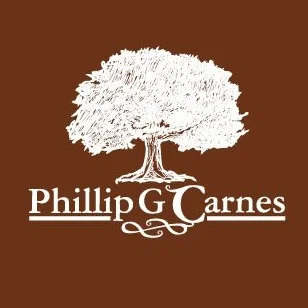James Harleman of Cinemagogue has a three-part review of Disney's Frozen. As is typical with Harleman's reviews, he writes with great biblical insight on the film. I particularly liked his take on the major failing of the film, that being the scene when Elsa sings her power ballad, "Let it Go."
Harleman writes,
I remember when some people freaked out about the “Circle of Life” philosophy in The Lion King… but put that aside for a moment, because I don’t think you’re gonna find a more jacked up song than “Let it Go.” Stay with me, here… for just a moment I want every earnest parent to consider what they’re lauding alongside their soon-to-be-Elsa’s-age daughters (and boys: let’s be equitable here). I’m sure we’re all anxiously awaiting the day our kids say “F— all y’all, I’m out of here… and I don’t need your ethics, values, morals, or any of that crap. I’m free.”
I was troubled by these same thoughts when I first saw the film, and watching it again recently with my children brought them back to mind. I wanted to give Disney the benefit of the doubt, and surmised the writers might have meant the song to be poignant and ironic. We're perhaps supposed to feel a mixture of joy that Elsa is now able to realize she is a person of value and not a monster, and at the same time a sense of sorrow because we in the audience know that of which she is unaware in her moment of liberation: her "liberation" is as much a prison as the life in which she lived before. How she expresses her freedom and identity is toxic to herself and others. The liberated persona she now seeks to create, completely cut-off from her community, from the people who look to her for leadership, and from those who dearly love her.
She may now use her powers safely, she thinks. We know differently of course because we see the consequences her actions are having on others. The fimbulwinter with which she shackles her kingdom takes an awful toll on its inhabitants. She is free and alone; they are imprisoned and slowly dying in a frozen world of her making.
Harleman observes,
Clearly, the anthem that emerges in the middle of the film is the ranting of a confused young adult reveling in a sense of newfound freedom, which turns out to be more destructive than the strictures she faced before. Yet, although the narrative restores and reconciles by the end… the horribly flawed lyrics reappear as credits roll and we’re encouraged to sing along! If that logic could be visually depicted as our friendly snowman Olaf, it’s clear someone put the butt where the head should be. The big, probably-Oscar winning musical number everyone croons clearly cracks under the events of the third act… yet I wonder if anyone is paying attention. More likely, they’re just “feeling” a sense of lyrical liberation with the same kind of passion Anna felt when she was “certain” Hans was her one and only love.
Harleman goes on to compare and contrast this theme of the film with scripture, and as usual writes with good pastoral insight. He closes by noting the miraculous truth that lies near the heart of the gospel, "It’s the beautiful, creative paradox of the God’s true story: we are set free to become servants."


